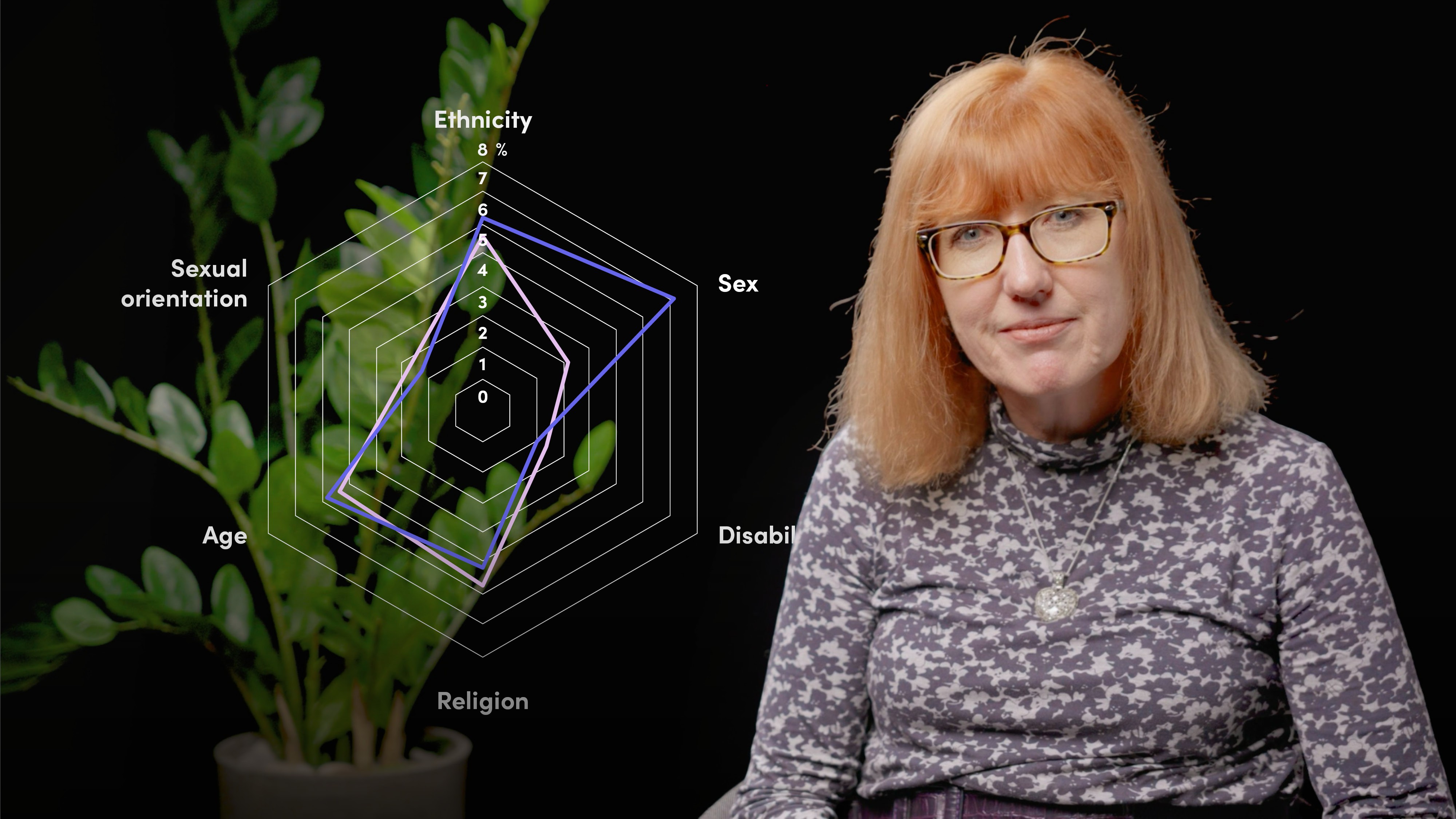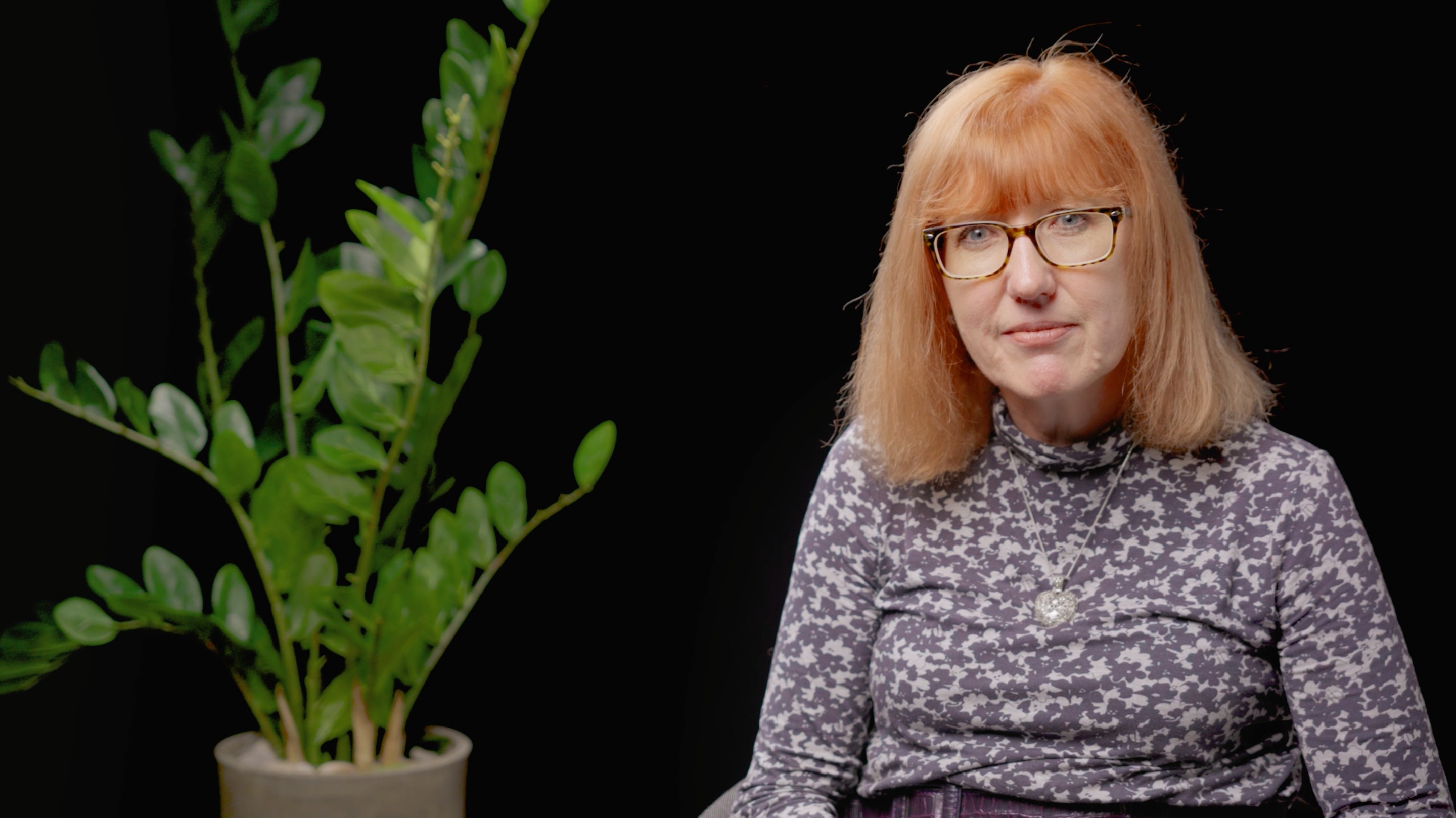
Individual Well-being Sustainable Development Goals II

Wendy Whewell
22 years: ESG & Climate Change
In this video, Wendy delves into three crucial Sustainable Development Goals (SDGs) aimed at improving individual well-being and societal harmony: SDG 5: Gender Equality, SDG 10: Reduced Inequalities, and SDG 16: Peace, Justice, and Strong Institutions.
In this video, Wendy delves into three crucial Sustainable Development Goals (SDGs) aimed at improving individual well-being and societal harmony: SDG 5: Gender Equality, SDG 10: Reduced Inequalities, and SDG 16: Peace, Justice, and Strong Institutions.

Individual Well-being Sustainable Development Goals II
15 mins 22 secs
Key learning objectives:
Understand the aim of SDG 5 and what progress has been made
Understand the aim of SDG 10 and what progress has been made
Understand the aim of SDG 16 and what progress has been made
Overview:
The UN SDGs aimed at improving individual well-being include SDG 1: No Poverty, SDG 2: Zero Hunger, SDG 3: Good Health and Well-being, SDG 4: Quality Education, SDG 5: Gender Equality, SDG 10: Reduced Inequalities, and SDG 16: Peace, Justice and Strong Institutions. Here, the last three are covered. SDG 5 promotes gender equality by combating discrimination against women and girls, while encouraging equal opportunities in leadership. SDG 10 aims to reduce income disparity within and among nations and eliminate discriminatory policies. Lastly, SDG 16 focuses on building peaceful, just societies with accountable and inclusive institutions at all levels.
What is the aim of SDG 5: Gender Equality, and are we on track?
SDG 5: Gender Equality aims to end discrimination, violence, and exploitation against women and girls, eliminate forced marriages and genital mutilation, promote shared domestic responsibilities, ensure female participation in leadership, guarantee access to reproductive health and rights, equalise economic resources, and foster empowerment through technology. Despite these objectives, we're off track to achieve gender equality by 2030, due to slow progress in curbing violence against women and girls and reducing child marriages, with COVID-19 further exacerbating these issues. Modest gains in female leadership representation indicate that equality in this realm may still be decades away. Therefore, more concerted efforts are necessary to fulfil the objectives of SDG 5.
What is the aim of SDG 10: Reduced Inequalities, and are we on track?
SDG 10: Reduced Inequalities aims to decrease inequality within and among countries through means such as sustaining income growth for the bottom 40% population, promoting universal inclusion, ensuring equal opportunities, and managing migration responsibly. Unfortunately, current trends suggest we are not on track to achieve these targets. Inequality has intensified for over 70% of the global population, exacerbated by the COVID-19 pandemic and crises such as the war in Ukraine. Income inequality between nations rose by 1.2% between 2017 and 2021, while discrimination has heightened. In addition, migration has become riskier, indicating more needs to be done to reach the goals of SDG 10.
What is the aim of SDG 16: Peace, Justice and Strong Institutions, and are we on track?
SDG 16: Peace, Justice, and Strong Institutions aims to promote peaceful, inclusive societies with equal access to justice and strong, accountable institutions. Targets include reducing violence, combating corruption and organised crime, ensuring universal legal identity, and promoting non-discriminatory laws and policies. Unfortunately, as of now, we're not on track. The world is witnessing its highest level of violent conflicts since 1945, with a staggering 100 million people displaced. Corruption remains prevalent, and a considerable percentage of children lack proof of legal identity. Some progress is seen in reducing homicide rates and tracing illicit firearms, but the overall picture suggests significant challenges remain in achieving SDG 16 by 2030.

Wendy Whewell
There are no available Videos from "Wendy Whewell"

